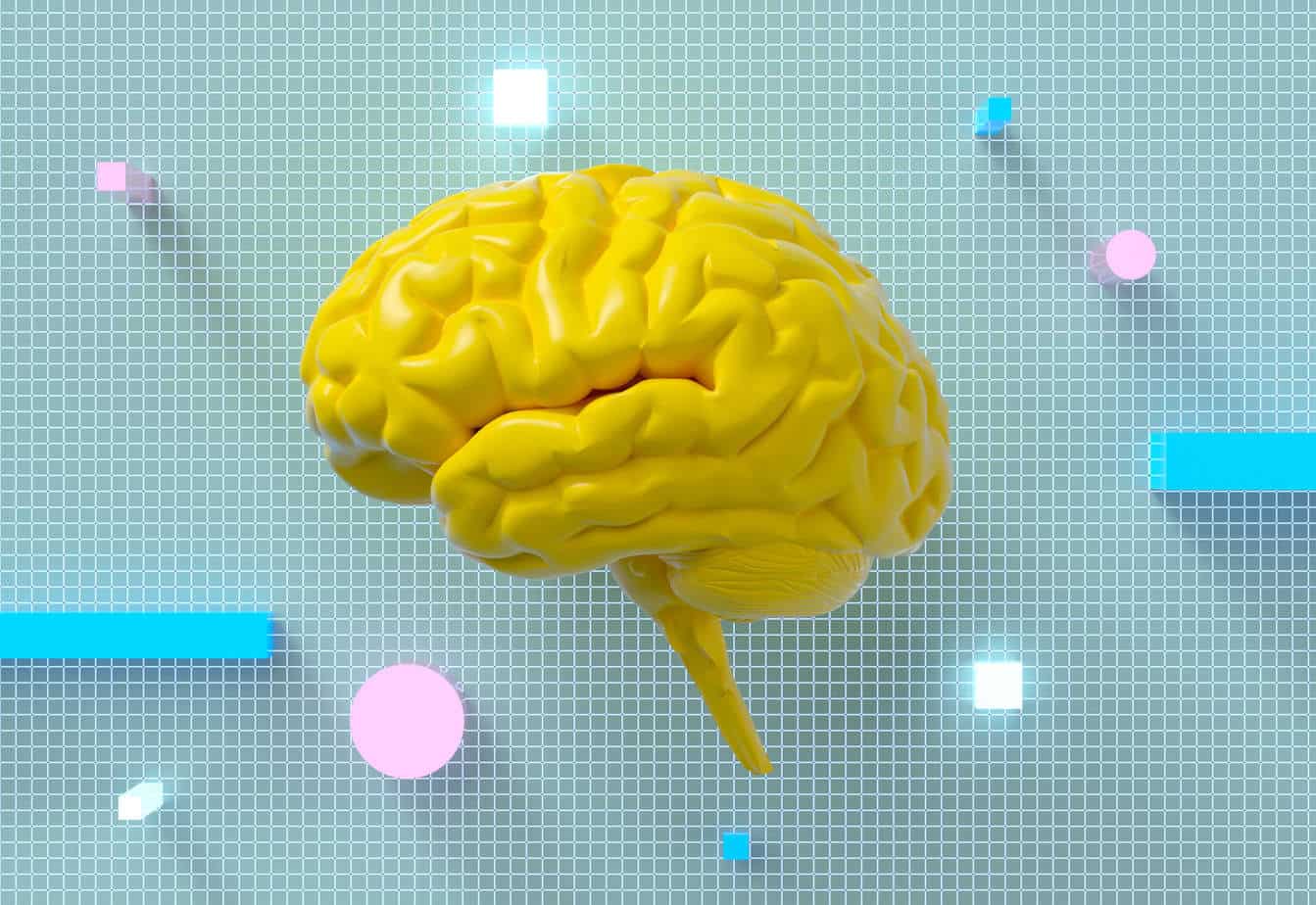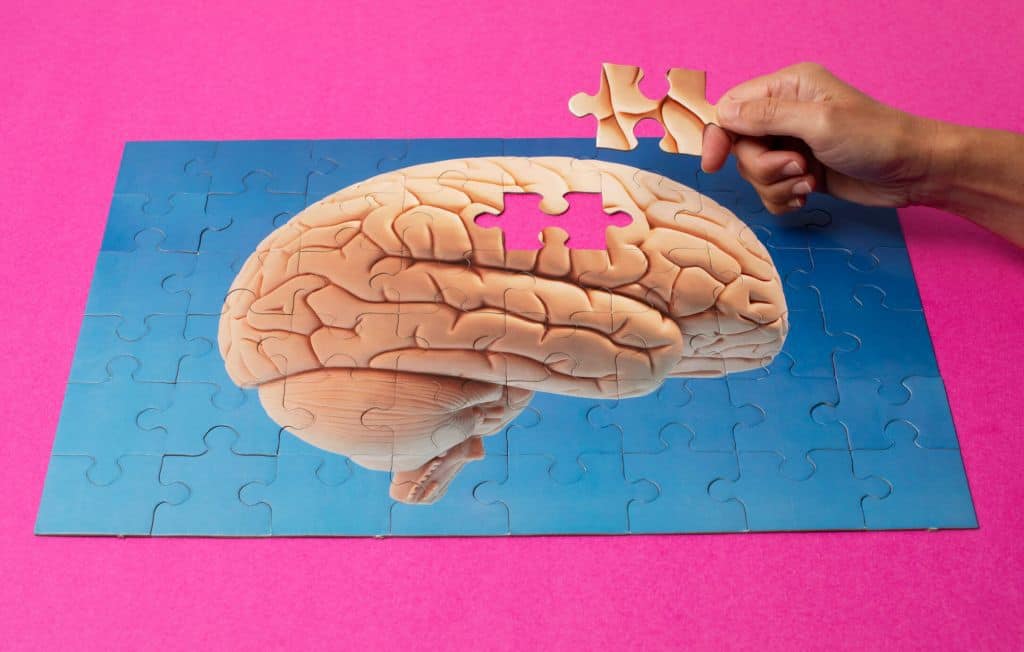
The brain allows us to process the world, to understand everything that happens around us. Additionally, it enables us to learn new things and, paradoxically, we still know very little about it.
However, modern neuroscience and cognitive science have made great strides in understanding the impact of our brain on our daily functioning
According to researchers, people have their first bout of anxiety or depression right after stomach illnesses. Using brain scans, it was discovered that in patients who ate probiotics, the bacteria had a direct impact on the brain. All of the research suggests that the microbial health of the stomach has a much greater impact on the aforementioned body part than we suspected.
A man in the UK suffered from chronic hiccups for 2.5 years of his life and was told that it was probably caused by heartburn. After a Japanese TV show took an interest in the strange phenomenon and paid for medical tests, a brain tumor was discovered. After the tumor was removed, the man’s chronic hiccups stopped for good.

The impairment caused by drinking is actually caused by the effects of alcohol on the hippocampus, the part of the brain responsible for memory. You don’t physically forget anything, rather your brain becomes incapable of storing and recording new memories.
The cerebrum is the largest part of the brain, making up 85 percent of its weight. It needs this size to handle many survival tasks (movement, senses, temperature and judgment). The cerebellum also handles higher-order operations – problem solving, reasoning, emotions and learning. The cerebellum, in turn, you can thank for your posture and balance
The brainstem, another part of the brain, handles many of the processes you perform without thinking that keep you alive, such as breathing and heart rate. The trunk also carries information from the sensory organs and helps with swallowing and coughing.
Science divides the brain proper into four lobes: frontal, parietal, occipital, and temporal. Each lobe performs specific tasks. The frontal lobe handles thinking tasks, as well as movement and short-term memory. The parietal lobe processes sensory information about touch and taste. Your occipital lobe focuses on processing and storing information that your eyes take in. The temporal lobe works on memory, smell, taste and sound.

Do you have a headache? If so, you can bet that the brain isn’t actually responsible for it. This organ interprets signals from all over the body, but it doesn’t feel pain itself.
You can improve your memory if you choose to eat seafood regularly. The fatty acids in these foods improve the brain’s memory function
Exercise slows down the cognitive deterioration of our brain functions. Researchers say that increased physical activity can slow down the aging of our brain by 10 years.
Every second, 100,000 neurochemical reactions occur in the human brain. These are studied using EEG – a non-invasive imaging technique used to record small changes in electrical activity in the brain. Using surface electrodes on the scalp, scientists can study many aspects of the brain. Small fluctuations in EEG signals indicate whether a person is asleep, aroused or somewhere in between.
Main article image: photo by Andriy Onufriyenko / Moment / Getty Images